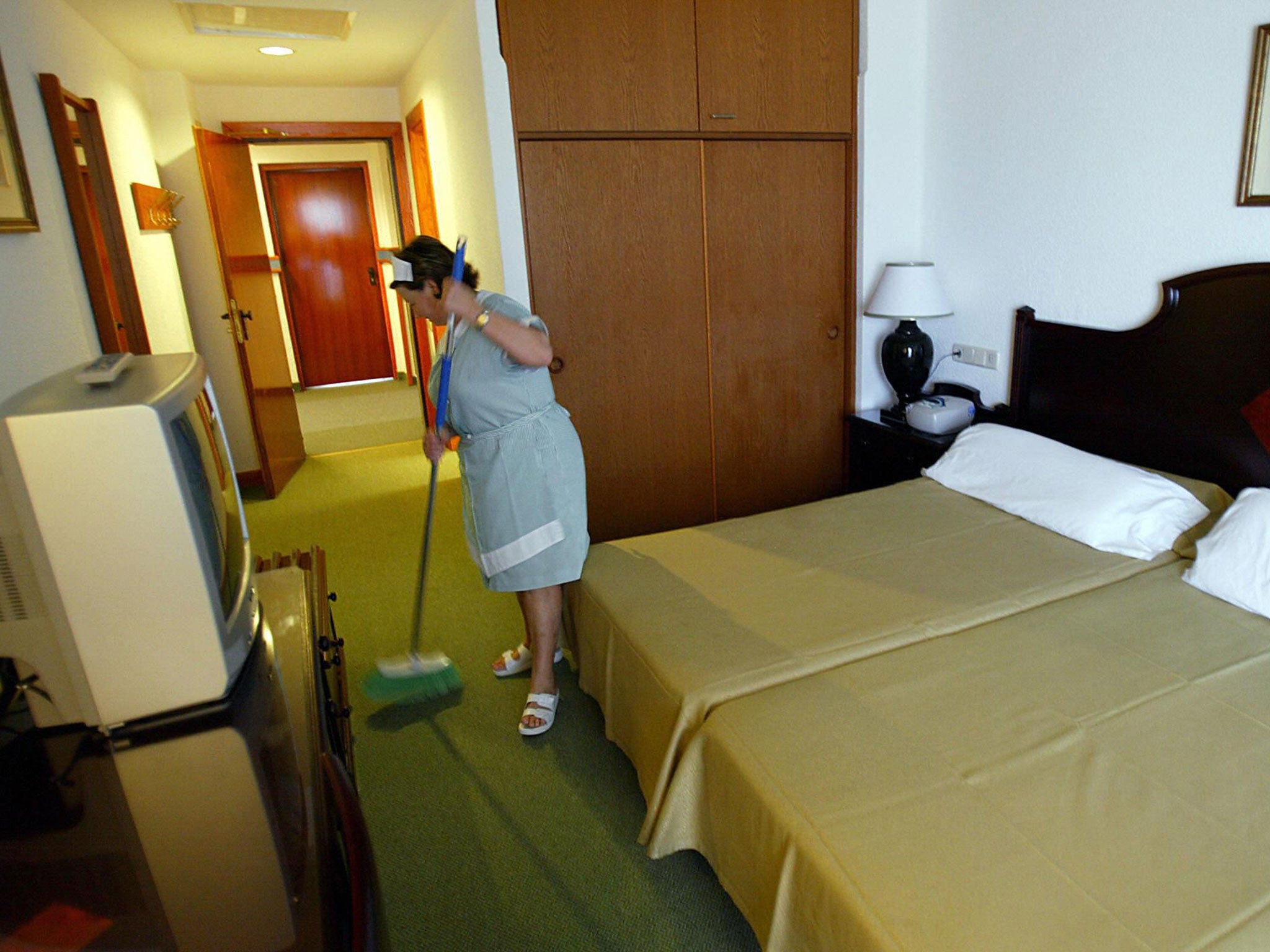Why I’m in: Pushing for Lexit won’t help migrants or the working class
When the UK has to trade in workers’ rights for a new trade deal, migrant workers will be the hardest hit

There is a push from the left in the UK for a ‘Lexit’ – a move away from the neo-liberal EU which stomped on an anti-austerity peoples’ movement in Greece and failed to respond to the refugee crisis.
Whilst the EU is far from perfect, those calling for Lexit fail to see the impact a vote to leave would have on all workers' rights, via anti-migrant worker sentiment, here in the UK.
There are 3 million EU migrant workers in the UK, many of them working in manufacturing, wholesale and retail, and hospitality. Hospitality is the fourth biggest employer in the UK, with a workforce of 4.4millon; 70 per cent of whom are migrant workers. It is also the most precarious and un-unionised sector with just 3.6 per cent belonging to a union.
Were we to leave the EU and the single market, the UK would have to sign a new trade deal with each individual member state. The EU exports 10 per cent of goods and services to the UK, on the other hand we export 45 per cent to the rest of the union. Inevitably UK trade leverage would have to come from a workforce completely disciplined to the capital needs for cheaper, un-unionised, fully flexible labour that is not subject to EU employment rights.
Migrants would likely to be hit first. We could see an insurance system (migrant tax) introduced or even a Danish style 'workfare for refugees' model where refugees are paid less than Danish citizens, on apprentice rates, with corporations paid to take them on and keep them on for two years. In some cases accommodation is tied to employment.
In contrast, a vote to remain would support migrant workers’ rights. Collective working class organisation and defence against exploitation has been aided by EU membership. There are 70 employment directives enforced in the UK through the European Court of Justice (ECJ). Many benefit women including equal paid holiday rights, unpaid leave to take care of children and – notably given that the previous Coalition government wanted to cap compensation in sex and race discrimination claims but was prevented by the ECJ – the right to a workplace safer from sexism.
The EU’s Transfer of Undertakings (Protection of Employment) Regulations (TUPE) isn't a catchy rallying cry, but it has helped organise and protect the most precarious workers in the county. Subcontracting is extremely common with agencies and contract cleaning companies swapping in and out of hotels, public institutions and offices, with big business acting like a croupier on speed. With TUPE, workers need to be consulted and can elect reps and contest a change in their terms and conditions, even if there is no recognised union, and don't forget union density is only 14.2 per cent in the private sector where this is rife.
TUPE rights aid unionisation as they enable workers to collectivise and halt pay cuts, new intensification of work processes, or other losses like paid breaks or bonuses, which would leave them even poorer. Take TUPE away and there will be no deterrent or consequence for companies in accelerating the race to the bottom based on ever-cheapening labour costs.
Why should we care what happens to migrant workers in precarious sectors? Because what happens to them, in terms of access to employment rights and agency to challenge exploitation, will happen to British workers too.
Voting for leave will exclude migrant workers, and normalise restrictions on their rights and not encourage their participation in the political process of creating a viable left wing alternative. Lexit only resonates with those who have access to employment, language and immigration status advantages. If you support migrant and workers’ rights, there really is only one option – vote remain.

The EU referendum debate has so far been characterised by bias, distortion and exaggeration. So until 23 June we we’re running a series of question and answer features that explain the most important issues in a detailed, dispassionate way to help inform your decision.
What is Brexit and why are we having an EU referendum?
Does the UK need to take more control of its sovereignty?
Could the UK media swing the EU referendum one way or another?
Will the UK benefit from being released from EU laws?
Will we gain or lose rights by leaving the European Union?
Will Brexit mean that Europeans have to leave the UK?
Will leaving the EU lead to the break-up of the UK?
What will happen to immigration if there's Brexit?
Will Brexit make the UK more or less safe?
Will the UK benefit from being released from EU laws?
Will leaving the EU save taxpayers money and mean more money for the NHS?
What will Brexit mean for British tourists booking holidays in the EU?
Will Brexit help or damage the environment?

Join our commenting forum
Join thought-provoking conversations, follow other Independent readers and see their replies